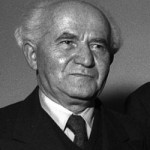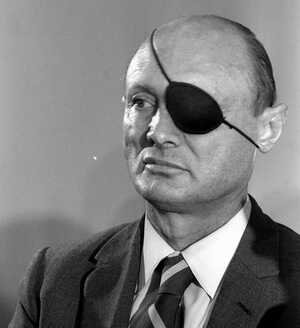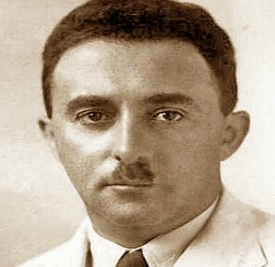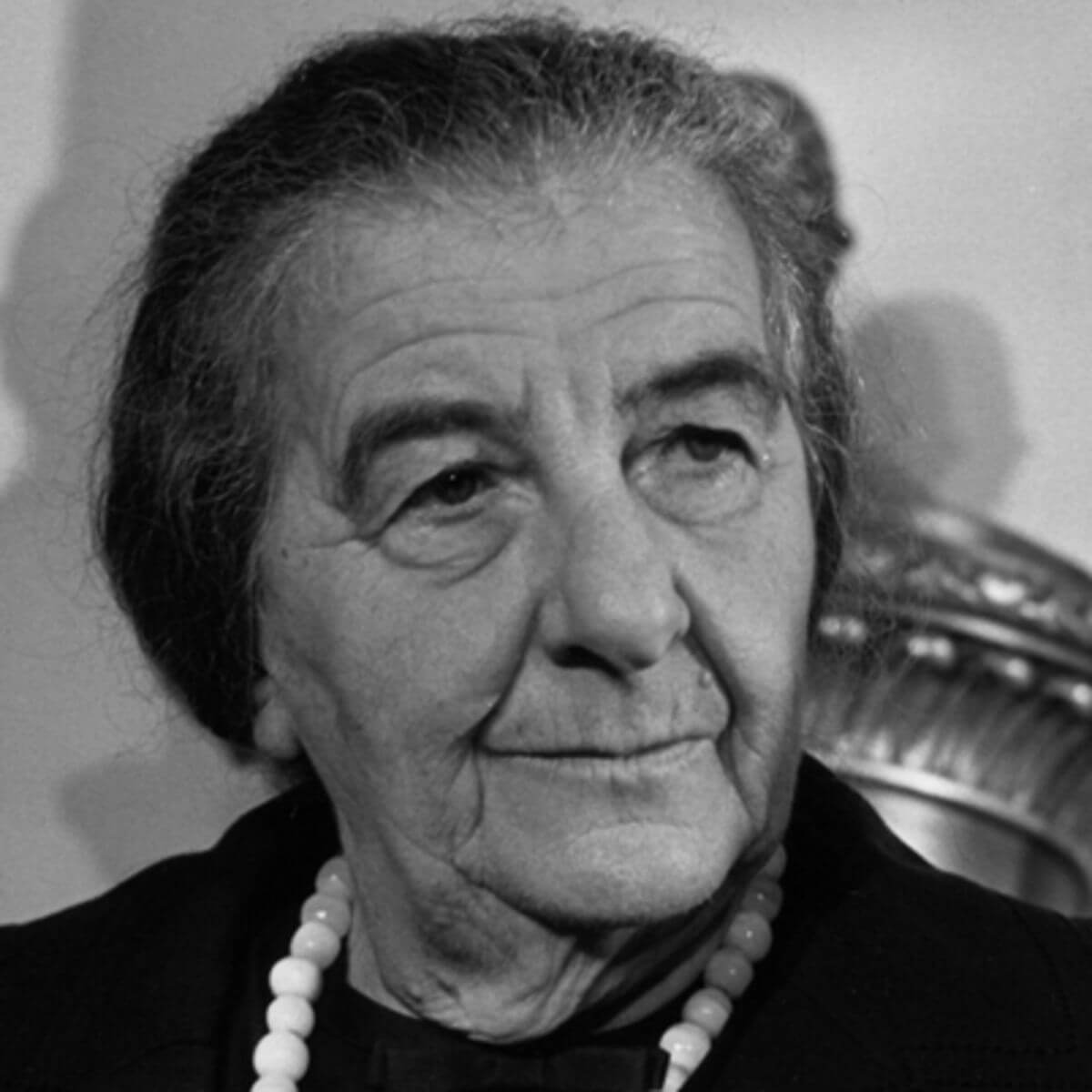“If there is any tangible manifestation of schizophrenia, it was that night”. This is how Prime Minister Golda Meir described the night of 5-6 September 1972, when she sat with ministers and senior aides in her home in Jerusalem in a state of high tension, as they followed reports on the operation to rescue the Israeli hostages at the Fuerstenfeldbruck military airfield near Munich. Around 1:00 a.m. a sigh of relief was heard, as news started to pour in from the West German media about the success of the Bavarian police operation. Official spokesmen reported that all the terrorists had been killed and all the Israeli hostages were safe. These reports were widely quoted in the world media. However, reports received every few minutes from the Israeli ambassador in West Germany, Eliashiv Ben-Horin, painted a totally different picture. He said that there was chaos on the site, shots were still being heard and it was unclear what had happened. Towards 3:00 a.m., disturbing news began to arrive. Then Zvi Zamir, the head of Mossad, Israel’s Institute for Intelligence and Special Operations, who was at the airfield, told Golda in a telephone call: “I am sorry to tell you but the athletes were not rescued. I have seen them. Not one of them survived”.
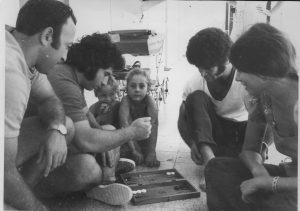
Team members David Berger and Yossef Romano, and coach Tuvia Sokolovsky with family members at a training camp before the Olympics
This was the tragic end of a drama that began to unfold during the early hours of the previous day. Eight Palestinian terrorists, members of the Black September terrorist group, had stealthily penetrated two out of three apartments on 31 Connollystrasse in the Olympic Village in Munich, which housed the Israeli delegation to the Olympics. Two of the team members, Moshe Weinberg and Yossef Romano, were murdered on the spot, and nine others were held as hostages. The terrorists demanded the release of 232 terrorists held in Israel and two imprisoned in Germany. After the failed rescue attempt, the affair ended with the death of all the hostages and five out of the eight terrorists.
The Munich Olympics had opened on 26 August 1972 in a festival atmosphere. The West German authorities hoped to wipe out the memory of the Nazi Olympics in Berlin in 1936 and to show the world that Germany was a democratic peace-loving state. However 1972 was also a year of Palestinian terror and attacks on Israeli targets, including the Sabena attempted hi-jacking and the massacre at Lod airport by Kozo Okamoto. Warnings about a possible Black September attack in Germany were received and discussed with the Germans, but they did not focus on the Olympics. Security in the Olympic Village was lax.
To mark the 50th anniversary of these events the Israel State Archives is reissuing a collection of 45 documents originally published in 2012 on the government’s actions during the drama, the results of the investigation which followed it and the aftermath, showing the effect on relations with West Germany. The documents from the Archives’ collections, some of them specially declassified, include cabinet meetings, ministerial consultations, meetings of the Knesset Foreign Affairs and Defence Committee, reports and exchanges of telegrams. In some documents, sections that cannot be published have been deleted. Meetings of the government in its capacity of the Ministerial Committee for Security are referred to but could not be published. Six of the documents are in English or German. The rest can be seen on our Hebrew website.
See more
